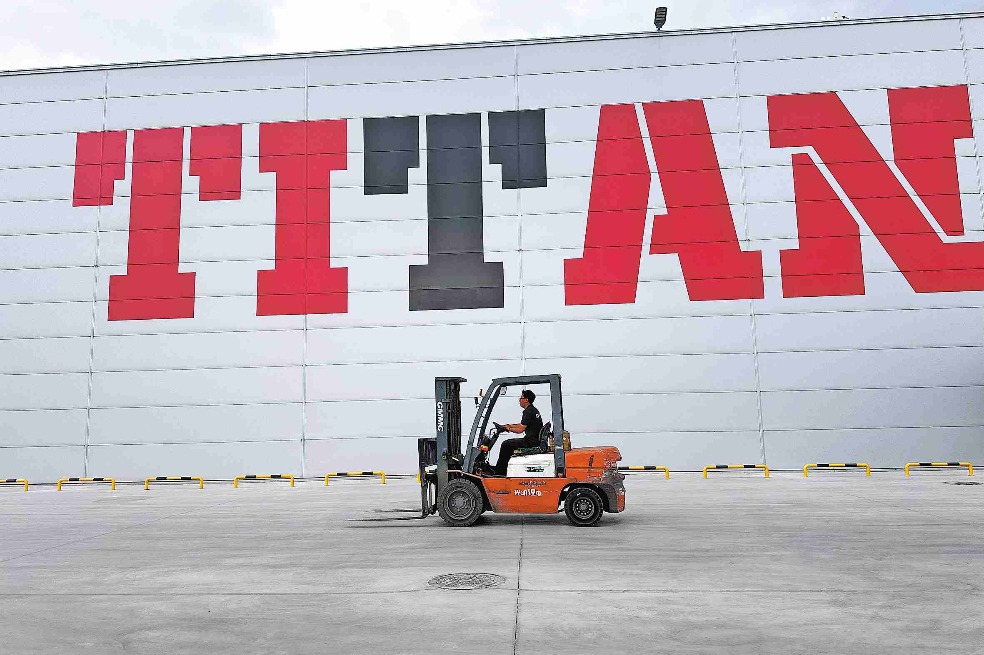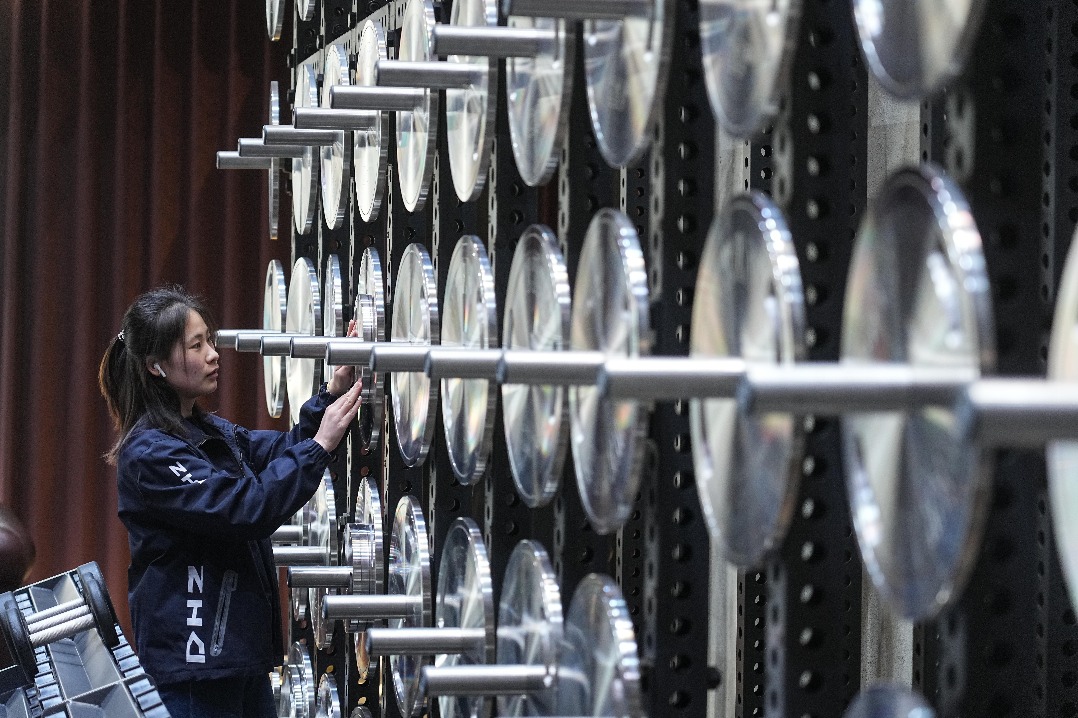Self-driving to revolutionize transportation
Large-scale commercial use of tech may become reality sooner than expected


When Wu Zhenpeng, a 32-year-old IT engineer from Wuhan, capital of Hubei province, hailed a self-driving taxi to reach home after work, all he had to input on the ride-hailing app was the pickup and drop-off points and the number of passengers.
A few minutes later, a robotaxi approached, with no driver or safety operator sitting in, and soon Wu was on his way back.
The driverless vehicle operated smoothly without sudden braking or acceleration, Wu said. "When there is a traffic jam, the car automatically replans routes and switches to the most convenient path, with an average speed of about 65 kilometers per hour. I think there is no difference between this driverless car and cars with drivers."
"It usually costs about 29 yuan ($4) from my workplace to home using a traditional taxi; however, because of various subsidies and discounts, I need to pay only 8.2 yuan for a robotaxi ride," Wu added.
The large-scale commercial use of self-driving technology could become a reality sooner than expected, and is likely to revolutionize urban transport due to their greater efficiency and lower costs, industry experts said.
However, the fast-developing technology still faces some challenges and limitations, including how to ensure safety and reliability, especially in complex scenarios, and public concerns over job losses for regular taxi drivers.
The market scale of robotaxis in China is expected to exceed 1.18 trillion yuan in 2025 and 2.93 trillion yuan in 2030, making it one of the largest application scenarios for autonomous driving technology, according to a report by Pacific Securities.
China has taken the lead in the research and development as well as application of autonomous driving technology, and has introduced a series of policies to promote the commercialization of self-driving vehicles in recent years.
The Ministry of Industry and Information Technology as well as four other central government departments selected 20 cities, including Beijing, Shanghai and Chongqing, earlier this month to participate in a pilot program on "vehicle-road-cloud integration" for intelligently connected vehicles.
The move aims to connect intelligent vehicles with environmental and cloud-based control systems, paving the way for enhanced safety and efficiency in autonomous driving technology.
China supports the commercial application of Level 3 and above autonomous driving systems, as part of the country's broader push to bolster the development of intelligently connected vehicles, according to the MIIT.
Currently, autonomous driving is categorized from Level 0 to Level 5;the higher the level, the more intelligent the technology. Level 3 means conditional automation, in which a vehicle can drive by itself under certain conditions.
More than 50 cities nationwide have released autonomous driving pilot demonstration policies, and stepped up efforts to expand the application scenarios of self-driving technology.
The Beijing municipal government recently announced plans to support the use of autonomous driving vehicles for urban public electric bus transportation, ride-hailing services and car rentals.
The Beijing Municipal Bureau of Economy and Information Technology released the draft regulation for public feedback on self-driving vehicles on June 30. The bureau said the regulation aims to provide clear, transparent and predictable institutional norms for market entities operating Level 3 and above autonomous vehicles, while maintaining safety as the top priority.
Beijing has taken the lead in planning and constructing the country's first high-level automated driving demonstration zone since September 2020, and released self-driving road test licenses to 31 companies, with the total testing mileage of autonomous vehicles surpassing 28 million kilometers.
In February, the capital granted permits to several robotaxi operators, including Baidu and Pony.ai, allowing them to offer driverless vehicle services at Beijing Daxing International Airport, a key step indicating that the city has become the world's first capital to run autonomous passenger vehicles between urban areas and the airport.
Shanghai will soon begin public testing of autonomous driving ride-hailing vehicles on some designated roads in the Pudong New Area, offering free rides for local residents throughout the trial period. The city granted demonstration licenses for driverless intelligently connected vehicles to four self-driving companies in early July.




































